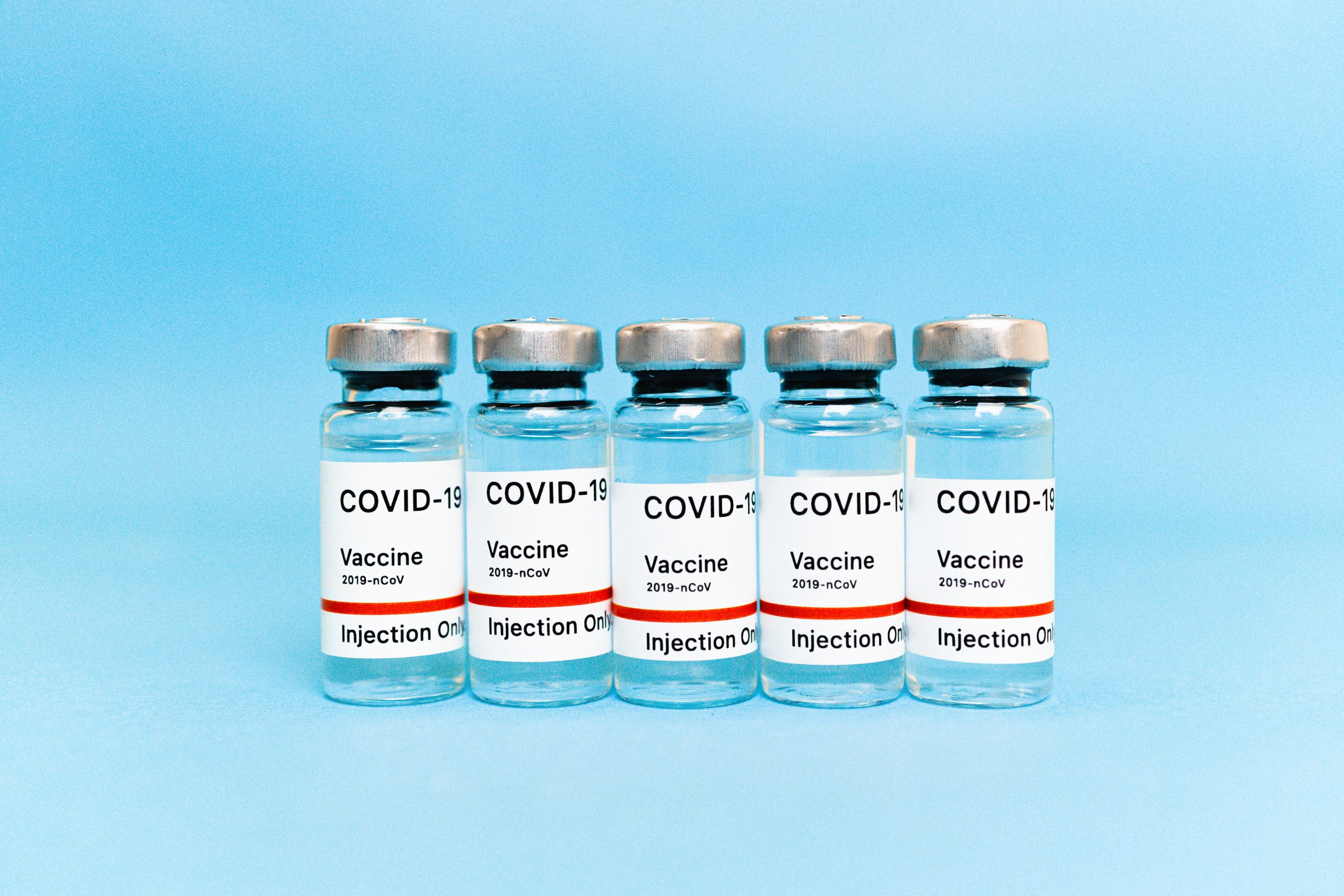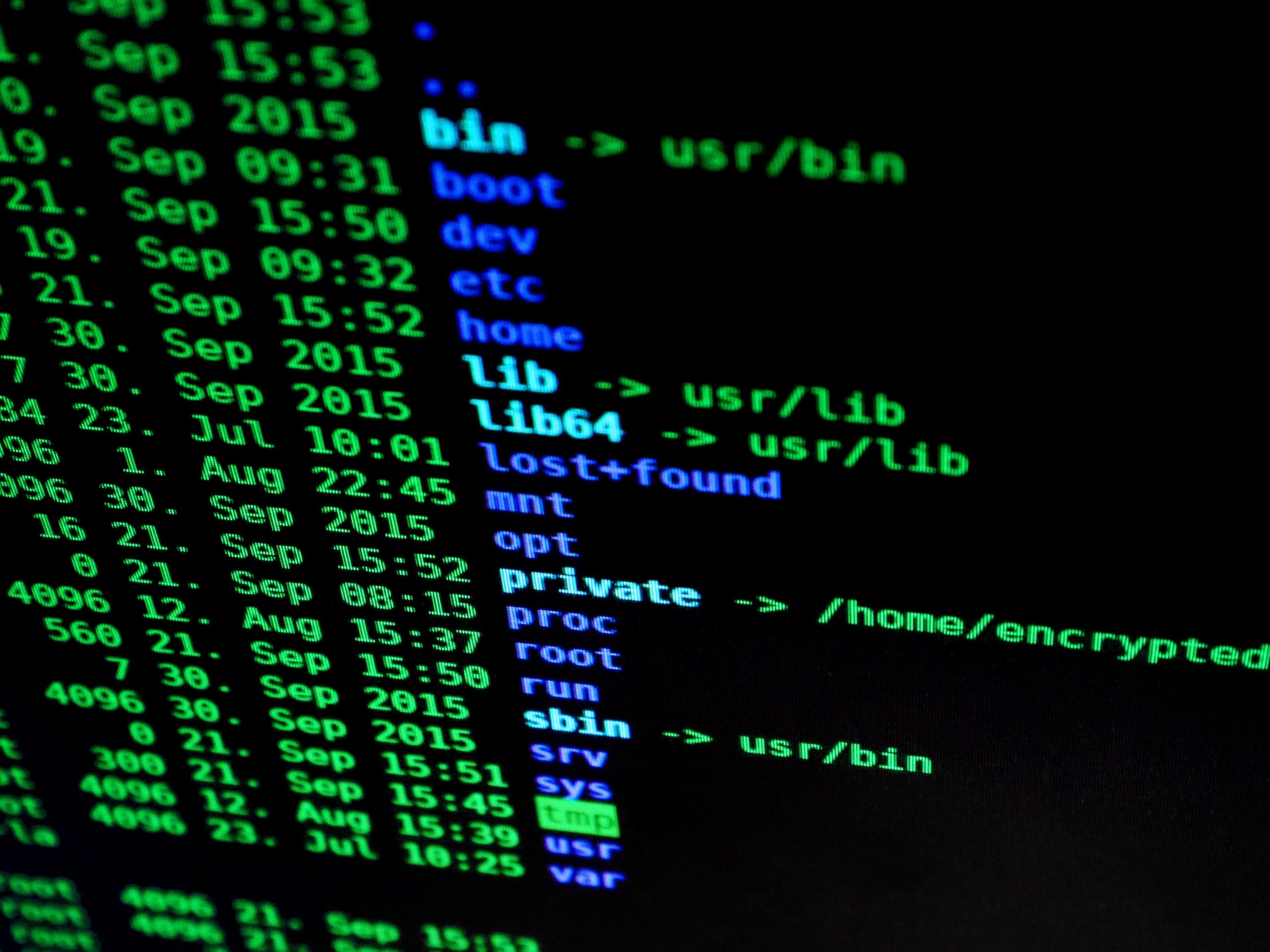
by medicaltechont | Mar 20, 2022 | Cloud, data
In cloud computing, the service provider has access to data as much as you do. It can be misused by the provider. Even Apple co-founder Steve Wozniak has expressed his concerns over cloud computing.
He said, “I want to feel that I own things. A lot of people feel, ‘Oh, everything is really on my computer,’ but I say the more we transfer everything onto the web, onto the cloud, the less we’re going to have control over it.”
The terms for data confidentiality should be quoted loud and clear in the service agreement.
Click here to read more.

by medicaltechont | Mar 19, 2022 | Canada
Vaccination is one of the most effective ways to help protect ourselves, our families and our communities against COVID-19.
COVID-19 vaccines approved for use in Canada are free of charge. They are available to everyone eligible to get the vaccine.
This applies to:
- everyone in Canada 5 years of age and older, including those who aren’t citizens
- Canadians serving in diplomatic and consular missions abroad (and their dependents) living in countries where the Health Canada-approved vaccines aren’t available
- Canadian Armed Forces members who are serving abroad in countries where the Health Canada-approved vaccines aren’t available
COVID-19 vaccines approved for use in Canada include:
- mRNA COVID-19 vaccines:
- Pfizer-BioNTech Comirnaty for those 5 years of age and older
- Moderna Spikevax for those 6 years of age and older
- viral vector COVID-19 vaccines:
- AstraZeneca Vaxzevria for those 18 years of age and older
- Janssen (Johnson & Johnson) for those 18 years of age and older
- protein subunit COVID-19 vaccines:
- Novavax Nuvaxovid for those 18 years of age and older
- plant-based COVID-19 vaccines:
- Medicago Covifenz for those 18 to 64 years of age
Vaccination is one of the most effective ways to protect our families, communities and ourselves against COVID-19. Evidence indicates that the vaccines used in Canada are very effective at preventing severe illness, hospitalization and death from COVID-19.
Click here to learn more.

by medicaltechont | Mar 19, 2022 | Cloud, data, hackers, Privacy
Thousands of databases stored in the cloud have been found to be unprotected and exposed to anyone with a browser. These mobile applications ranged from 10 000 or more downloads to 10 million or more downloads, and sensitive data exposed included personal family photos, token IDs on a healthcare applications, data from crypto-currency exchange platforms and more.
Lotem Finkelsteen, head of Threat Intelligence and Research at Check Point Software, says his team found the exposed databases by using Google’s free online tool VirusTotal, which analyses files and URLs to detect viruses, trojans, and other forms of malware.
The amount of data that sits openly and that is available to anyone on the cloud is crazy. It is much easier to breach than we think.
Click here to read more.

by medicaltechont | Mar 7, 2022 | Cloud, Electronic Medical Records, hackers, Healthcare, Hospitals
Mon Health discovered the second data security incident on December 18, 2021, when it detected unusual network activity. After the discovery, Mon Health disabled a “significant portion” of its IT network and initiated downtime procedures.
The breach did not involve Mon Health’s EHR systems. Still, it potentially exposed the names, addresses, Medicare claim numbers, Social Security numbers, birth dates, health insurance plan member ID numbers, dates of service, patient account numbers, medical information, and health plan enrollment status of some patients, providers, employees, and contractors.
Mon Health discovered the second data security incident on December 18, 2021, when it detected unusual network activity. After the discovery, Mon Health disabled a “significant portion” of its IT network and initiated downtime procedures.
The breach did not involve Mon Health’s EHR systems. Still, it potentially exposed the names, addresses, Medicare claim numbers, Social Security numbers, birth dates, health insurance plan member ID numbers, dates of service, patient account numbers, medical information, and health plan enrollment status of some patients, providers, employees, and contractors.
Click here to read more.

by medicaltechont | Feb 28, 2022 | Cloud, data, Electronic Medical Records, hackers
Hacking incidents still dominate the major health data breaches being reported to the U.S. Department of Health and Human Services in the first months of 2022 by far, with only one other type of breach appearing on the federal tally so far this year.
McQuiggan counseled all organizations, including healthcare providers, to reduce the risk of compromise by investing in their employees and providing an engaging cybersecurity training program that will help them spot social engineering scams, such as phishing emails.
“Organizations that suffer a data breach discover the costs to recover have a significant financial impact,”
Click here to read more.






